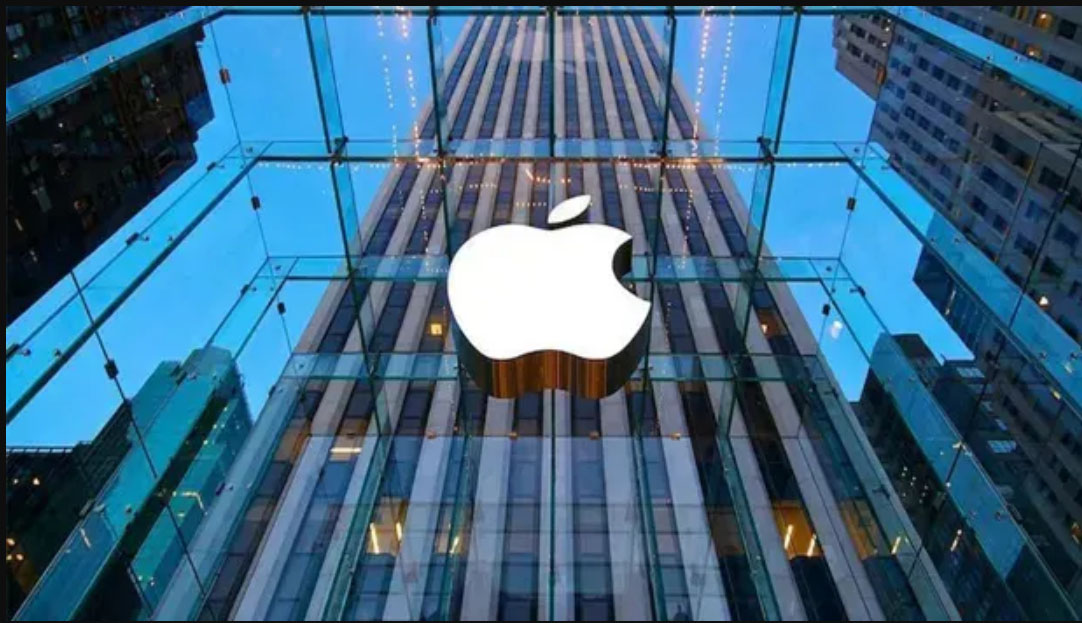Photo Credit: Getty Images
Apple has reached a $95 million settlement agreement in a class-action lawsuit addressing privacy concerns over its voice assistant Siri's unauthorized recordings of user conversations. The settlement, which awaits judicial approval, could provide compensation of up to $20 per device for eligible U.S. consumers who owned Siri-enabled Apple products between September 2014 and December 2024.
The legal action emerged following a 2019 exposé by The Guardian, which revealed that Apple's third-party contractors regularly accessed confidential user recordings during quality control processes. These contractors reported hearing sensitive content, including private medical information and intimate moments, often captured without users intentionally activating Siri.
According to court documents, plaintiffs demonstrated that simple ambient sounds, such as zippers, could inadvertently trigger Siri's recording function. One plaintiff, a minor, reported multiple instances of their iPhone recording conversations without the wake word being spoken. The settlement encompasses various Siri-enabled devices, including iPhones, iPads, Apple Watches, MacBooks, iMacs, HomePods, iPod touches, and Apple TVs.
To qualify for compensation, users must declare under oath that Siri accidentally activated during private or confidential conversations. The final individual payout amounts will depend on the total number of valid claims submitted, with a maximum cap of $20 per device for up to five devices.
"The $95 million settlement represents about nine hours of profit for Apple, whose net income was $93.74 billion in its latest fiscal year," reports Reuters. The settlement allocates up to $28.5 million for attorneys' fees and $1.1 million for expenses.
In response to the initial controversy, Apple implemented significant privacy changes. The company discontinued its practice of retaining audio recordings and issued a formal apology to users. However, Apple maintains its denial of wrongdoing in agreeing to the settlement terms.
Similar allegations have emerged against other tech giants, with Google and Amazon facing scrutiny for their use of contractors to review voice assistant recordings. A parallel lawsuit against Google's Voice Assistant remains pending in San Jose federal court.
As these AI-powered assistants become increasingly integrated into daily life, the incident serves as a crucial reminder of the importance of transparent privacy practices and user consent in technology development.
For affected users interested in claiming compensation, the settlement is currently awaiting approval from U.S. District Judge Jeffrey White in the Oakland, California federal court. The case is documented as Lopez et al v. Apple Inc., U.S. District Court, Northern District of California, No. 19-04577.


